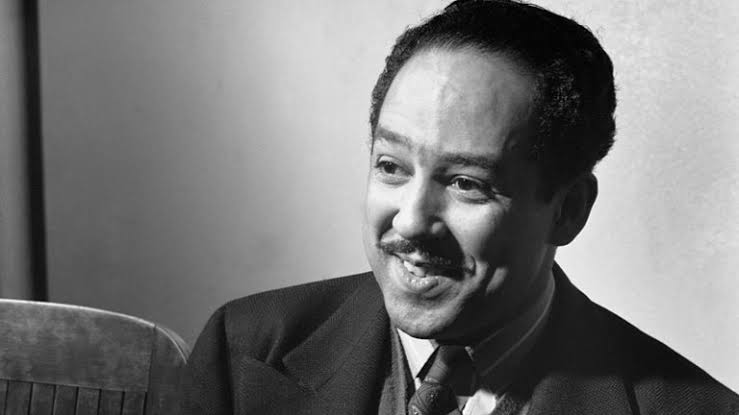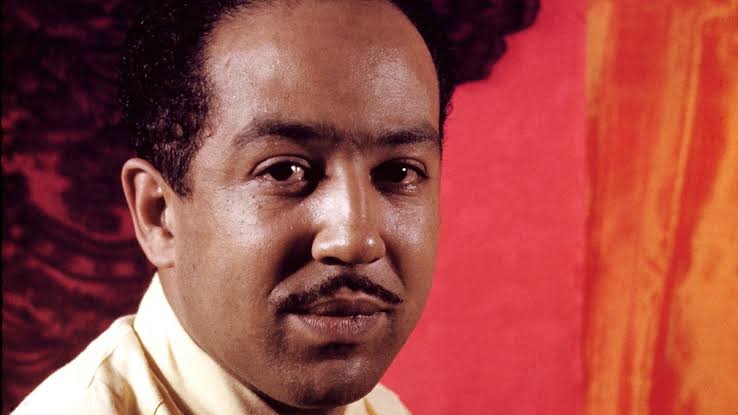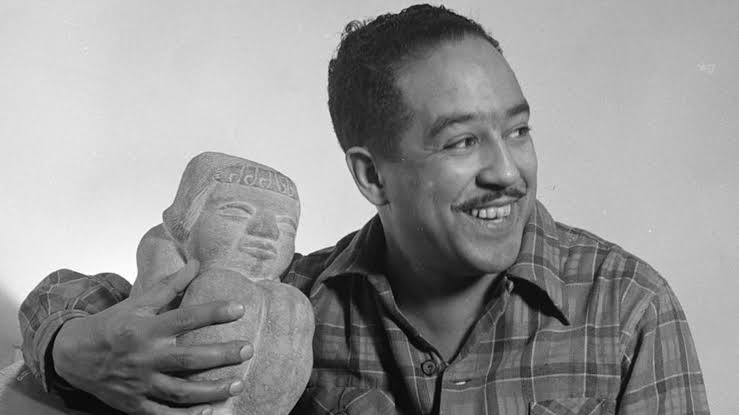Overview of Langston Hughes
Langston Hughes, born James Mercer Langston Hughes, was a prominent American poet, social activist, novelist, playwright, and columnist.
He is best known as a leading figure of the Harlem Renaissance, a cultural movement that celebrated African American culture and creativity in the 1920s.
Hughes’s work often reflects the joys and struggles of Black life in America.
Birthday and Zodiac
Langston Hughes was born on February 1, 1902, in Joplin, Missouri. His exact birth year is debated among scholars, but February 1 is widely recognized as his birthday.
This date places him under the zodiac sign of Aquarius, associated with innovation and humanitarianism.
Bio
Hughes spent his early years in Lawrence, Kansas, primarily raised by his maternal grandmother after his parents’ divorce.
He began writing poetry during high school in Cleveland, Ohio.
In 1921, he briefly attended Columbia University in New York City but left after a year to explore Harlem’s vibrant cultural scene.
His career took off in 1925 when he published his first book of poetry, The Weary Blues, which showcased his unique voice and style.
Hughes is known for his jazz poetry and works that depict the African American experience.
Some of his most famous poems include “The Negro Speaks of Rivers,” “I, Too,” and “Harlem.”In addition to poetry, Hughes wrote novels, essays, plays, and children’s books.
His works often addressed themes of racial identity and social justice. He graduated from Lincoln University in Pennsylvania in 1929.
Family Life
Langston Hughes had a complex family background; his father was James Nathaniel Hughes, and his mother was Carrie Langston Hughes.
After their separation, he was primarily raised by his grandmother until her death when he was a teenager. He remained unmarried throughout his life and had no children.
Conclusion
Langston Hughes remains a significant figure in American literature and culture.
Through his powerful writings that resonate with themes of hope and resilience, he continues to inspire generations of readers and writers alike.
His contributions to the Harlem Renaissance and advocacy for social justice have solidified his legacy as one of the most influential voices in American history.



